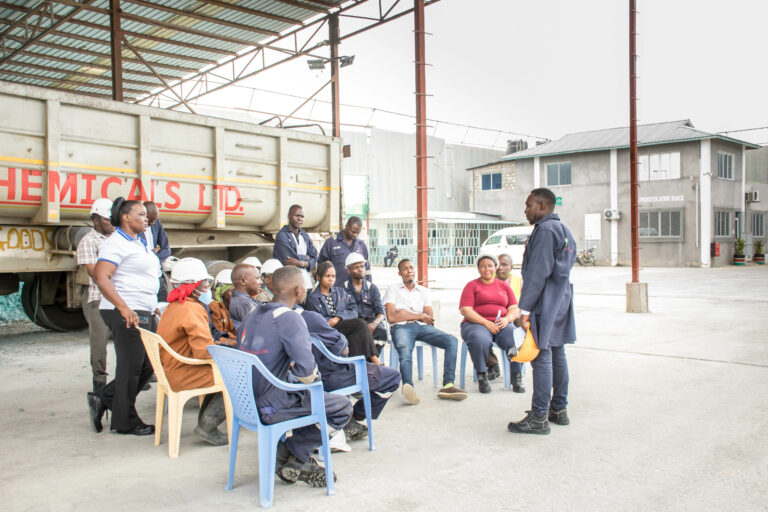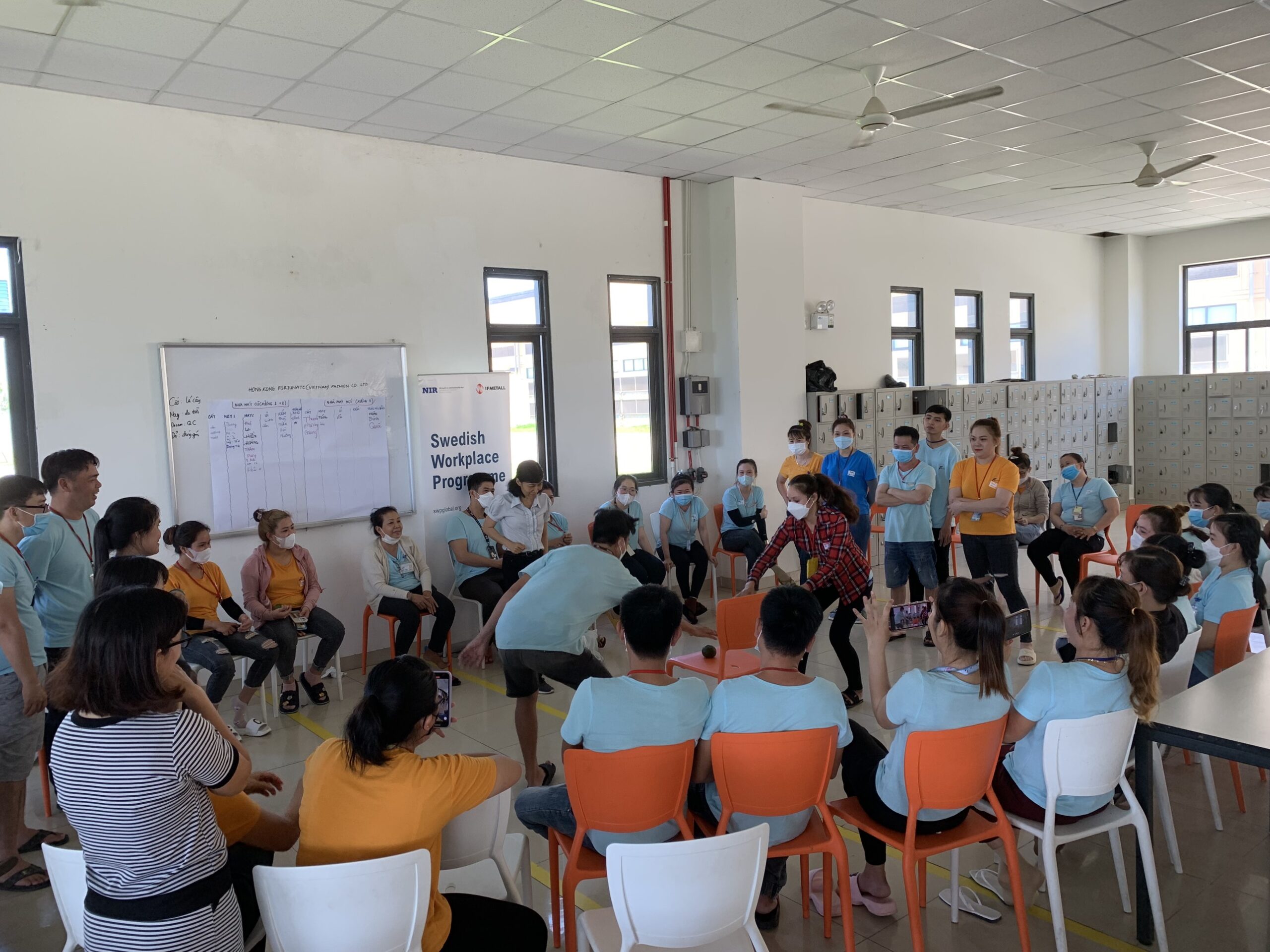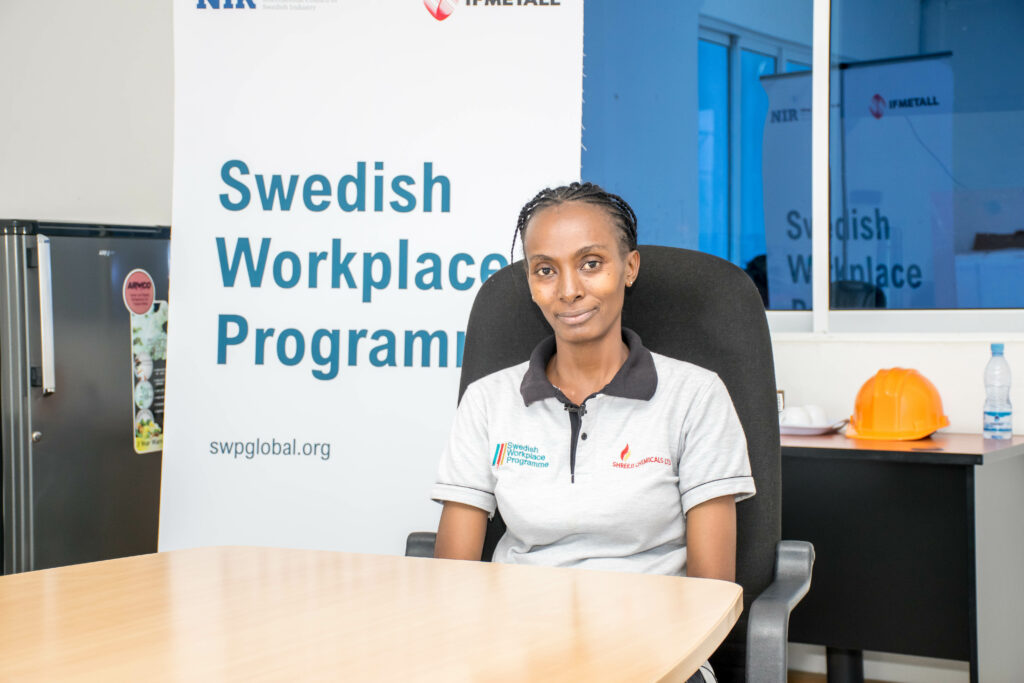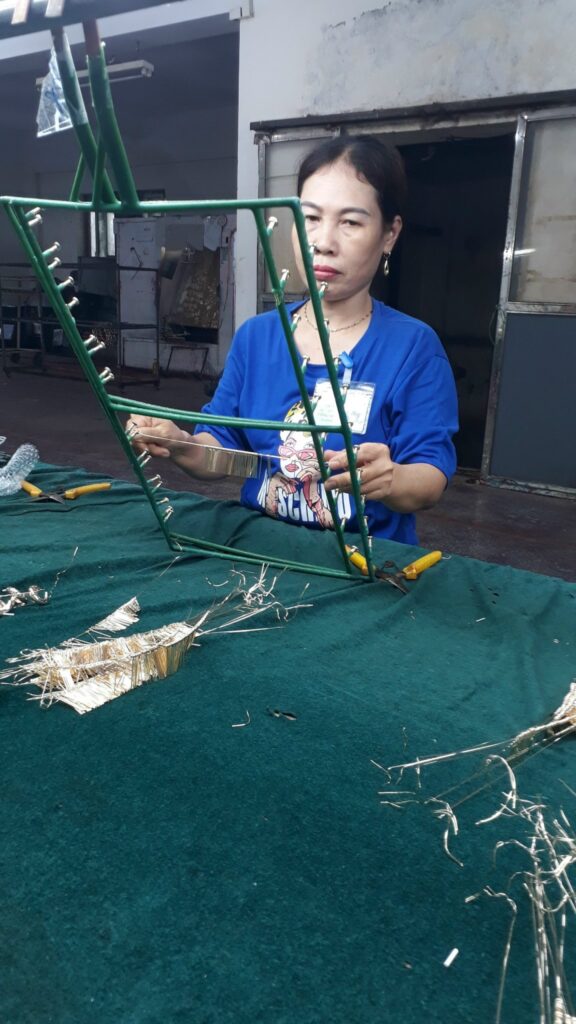
Empowering Change: How cooperation helped reshape a company’s culture in Kenya
SWP Kenya 2020-2023 At Shreeji Chemicals company transformation was catalysed by the partnership with SWP. As a result, management started to involve employees in decision-making






